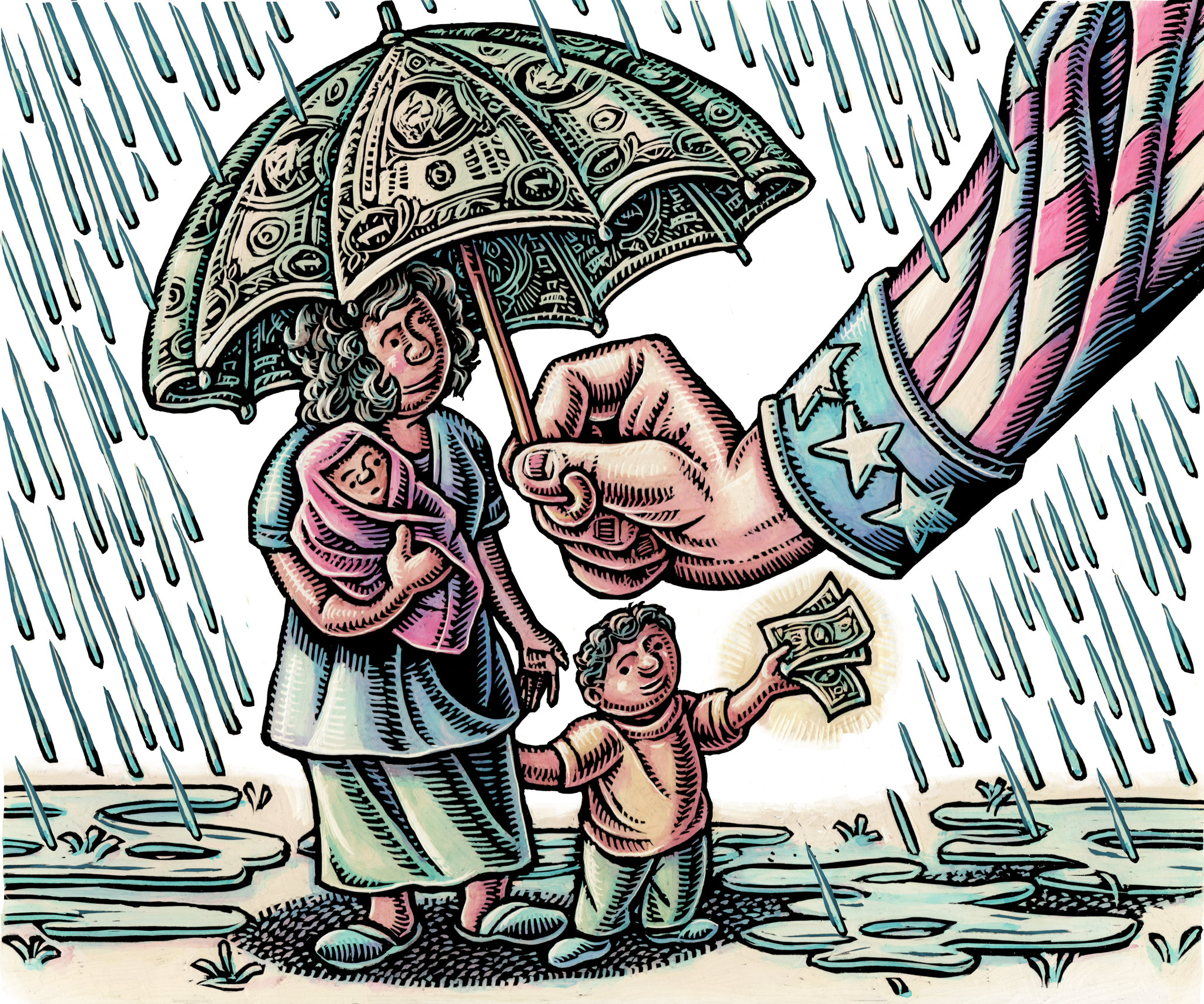Government Social Programs Underfunded, Leaving Many in Need
Government social programs are intended to help those in need, but often these programs are underfunded and unable to provide adequate assistance to all who require it. This leaves many individuals and families struggling to make ends meet and in need of additional support.
Without sufficient funding, social programs such as food assistance, housing subsidies, and healthcare services may not be able to reach all those who require assistance. This can lead to increased poverty, homelessness, and lack of access to necessary medical care.
Furthermore, underfunded social programs can perpetuate cycles of poverty and disadvantage, as individuals and families who do not receive the support they need may struggle to break free from challenging circumstances.
It is essential for government officials to prioritize adequate funding for social programs in order to ensure that all individuals have access to the assistance they require. This may involve reallocating resources, increasing funding, or implementing more efficient systems to deliver services.
Failure to address the underfunding of social programs can have serious consequences for society as a whole. When individuals are unable to access the support they need, the overall well-being of the community may suffer.
Advocates for social programs often stress the importance of investing in these services as a means of promoting equity, opportunity, and social justice. By providing adequate funding for social programs, governments can help ensure that all individuals have the resources they need to thrive.
In order to address the issue of underfunded social programs, it is important for policymakers to understand the implications of inadequate funding and work to prioritize the needs of those who rely on these services. By investing in social programs, governments can help create a more just and equitable society for all.
Ultimately, the underfunding of government social programs leaves many individuals in need and without access to essential services. It is crucial for policymakers to take action to address this issue and ensure that all individuals have the support they require to lead healthy, fulfilling lives.
